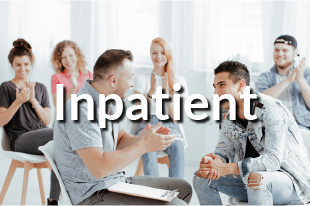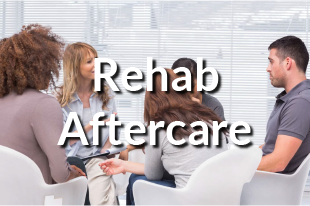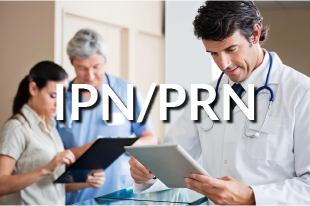Addiction can affect anyone, and people can become addicted to everything from cigarettes to illegal street drugs. Many people become addicted to prescription drugs, and drug addiction can occur concurrently with mental health disorders.
Substance abuse disorders, including alcohol and drug addictions, can all have different symptoms, but some things hold true regardless of the specific drug. Substance abuse affects the brain and can alter behavior, making it harder to stop using drugs and alcohol even though you know they cause harm. This is why it is imperative to know the different drug addiction symptoms and when to seek out treatment.
Commonly Abused Substances
Addiction can develop whether someone is using an illegal drug or a prescribed one. Some commonly abused drugs that can cause addiction include:
The Early Symptoms of Substance Abuse
Addiction can begin in many ways. Sometimes it starts with prescription drug use that progresses to prescription drug abuse when the person continues to take the medication after the prescription ends. Prescription painkiller abuse is the most common example of this as people continuously take pain medicines outside their prescription.
In other cases, addiction begins with occasional recreational drug use and progresses to a substance use disorder over time. Some drugs are more addictive than others, and some people are more prone to substance abuse, so the exact pattern of addiction isn’t always predictable. A family history of drug addiction and existing mental health issues can be risk factors for addiction.
As an addiction develops, one of the first drug addiction symptoms is a higher tolerance for the drug. Doses that once caused a high or led to a relaxed state may not have the same effect anymore. You might need larger doses or more frequent doses to get the reaction smaller doses once provided. Eventually, the brain may become dependent on the substance, causing intense cravings if you stop using it. In some cases, you might experience withdrawal symptoms if you try to quit and need drug rehab.

Some of the early signs and symptoms of alcoholism and drug dependence include:
Recognizing the Signs of a Serious Addiction
Long-Term Drug Addiction Signs and Effects
Drug abuse can have long-term health consequences, such as mental illness. A mental health disorder can cause symptoms such as anxiety and depression, in the worst case, hallucination. An overdose could be deadly, and engaging in risky behavior while under the influence of drugs or alcohol could increase the chances of a dangerous accident.
Using illicit drugs may also lead to legal problems. You could be arrested for using illegal drugs or participating in illegal activities to acquire drugs.
Withdrawal symptoms can also be deadly when the person has been using drugs for a long period of time. For this reason, many outpatient drug rehab and inpatient drug rehab treatment programs include a detox period to manage withdrawals, during which addictive drugs are purged from the system under a doctor’s supervision.
Drug and alcohol abuse can have a significant impact on your life, and breaking free of addiction can be a difficult task. For many people who misuse drugs, an inpatient addiction treatment program at Drug Rehab in Port Saint Lucie or Drug Rehab in Wildwood can help. Call 855-299-4472 or contact our team today to find out more about drug and alcohol rehab programs that can help you recover from addiction.













